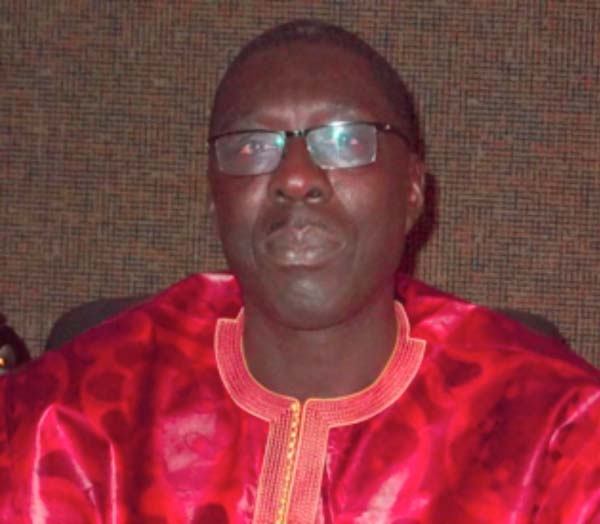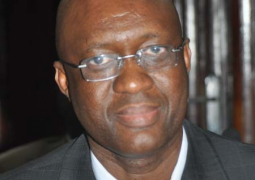
A
two-day trade facilitation dialogue opened yesterday at the Kairaba Beach
Hotel, organised by the Ministry of Trade and the ECOWAS Commission with
support from GIZ Germany Cooperation.
In his opening statement, the director of
trade, Abdoulie Jammeh, thanked the ECOWAS Commission and GIZ for supporting
the Ministry of Trade, Industry, Regional Integration and Employment to
organise this trade facilitation dialogue in The Gambia.
This
was not the first time they had been supported by the ECOWAS Commission to
develop trade-related capacities in The Gambia, he said.
Jammeh
recalled that the Commission, through the Trade Negotiation Capacity Building
Project, supported The Gambia to establish and strengthen the capacity of its
Inter-Institutional Committee for effective trade policy decision-making.
The
project also supported The Gambia in April 2015, to organise a two-day trade
facilitation workshop which enabled The Gambia to review and categorise The
Gambia’s commitments in the Trade Facilitation Agreement, he added.
Similar
forms of support were also given by the Project to Trade Policy Decision Making
Committee, as well as the Trade Facilitation and Market Access Committees to
subsequently implement their programmes in 2015.
The
Ministry of Trade, Industry, Regional Integration and Employment, therefore,
thanked the ECOWAS Commission and GIZ for the support and for their continuous
partnership with the Ministry in moving the trade and regional integration
agenda.
The
objective of the agreement was to expedite the movement of goods across
borders, he stated, adding that the agreement also sets out measures for
effective cooperation between customs and other appropriate authorities on
trade facilitation and customs compliance issues.
“The
objective for organising the dialogue with trade facilitation stakeholders is
to give us the opportunity to once again reflect on our trade facilitation
systems in The Gambia, and agree on the way to advance the implementation of
trade facilitation measures based on international best practices to reduce the
cost of trading,” Mr Jammeh said.
Mr
Jammeh also stated that the forum would also help them to deepen their
understanding of the WTO Trade Facilitation Agreement and, through public
private partnership, they could support the development of trade facilitation
systems to ease the movement of goods.
“The
reforms that will accompany the full and effective implementation of the Trade
Facilitation Agreement will, no doubt, support trade development through more
simplified customs procedures which will improve access to global
markets.”
The
Gambia’s effective implementation of the Trade Facilitation Agreement is,
therefore, an important aspect to improve national competitiveness, he
continued.
Over
the years, he went on, The Gambia has made significant progress in simplifying
procedural requirements for both import and export of goods.
“We
have also seen recent investments by the Gambia Ports Authority all geared
towards building capacity to provide trade facilitation services more
efficiently and effectively. This has, no doubt, contributed to reducing the
cost of doing business in The Gambia.”
The
Gambia government, therefore, recognises the vital role that trade facilitation
plays in reducing cost of trading, he added.
Removing
obstacles to trade would not only reduce the cost of moving goods internally,
but would also enable The Gambia to attract more investments in the productive
sectors to improve trade performance, he further stated.
The
forum was, therefore, a good opportunity for them to discuss and identify
policies to support customs modernisation processes, as well as measures to
facilitate the development of modern and robust logistics and transportation
infrastructure to reduce time and costs of moving goods.
“We
need to discuss frankly on these issues, share ideas and experiences and come
up with recommendations that will strengthen our collaboration with development
partners to build trade facilitation capacities to effectively implement the
Trade Facilitation Agreement.”
Jammeh
thanked the Trade Facilitation Committee for all the work and efforts that are
being made to improve the trade facilitation environment in The Gambia.
These
efforts - if complemented with more ambitious customs reforms and trade
facilitation programmes that include customs modernization, simplification and
harmonization of procedural and administrative trade regulations - would ease
the cost of doing business in The Gambia to facilitate trade, he said.




